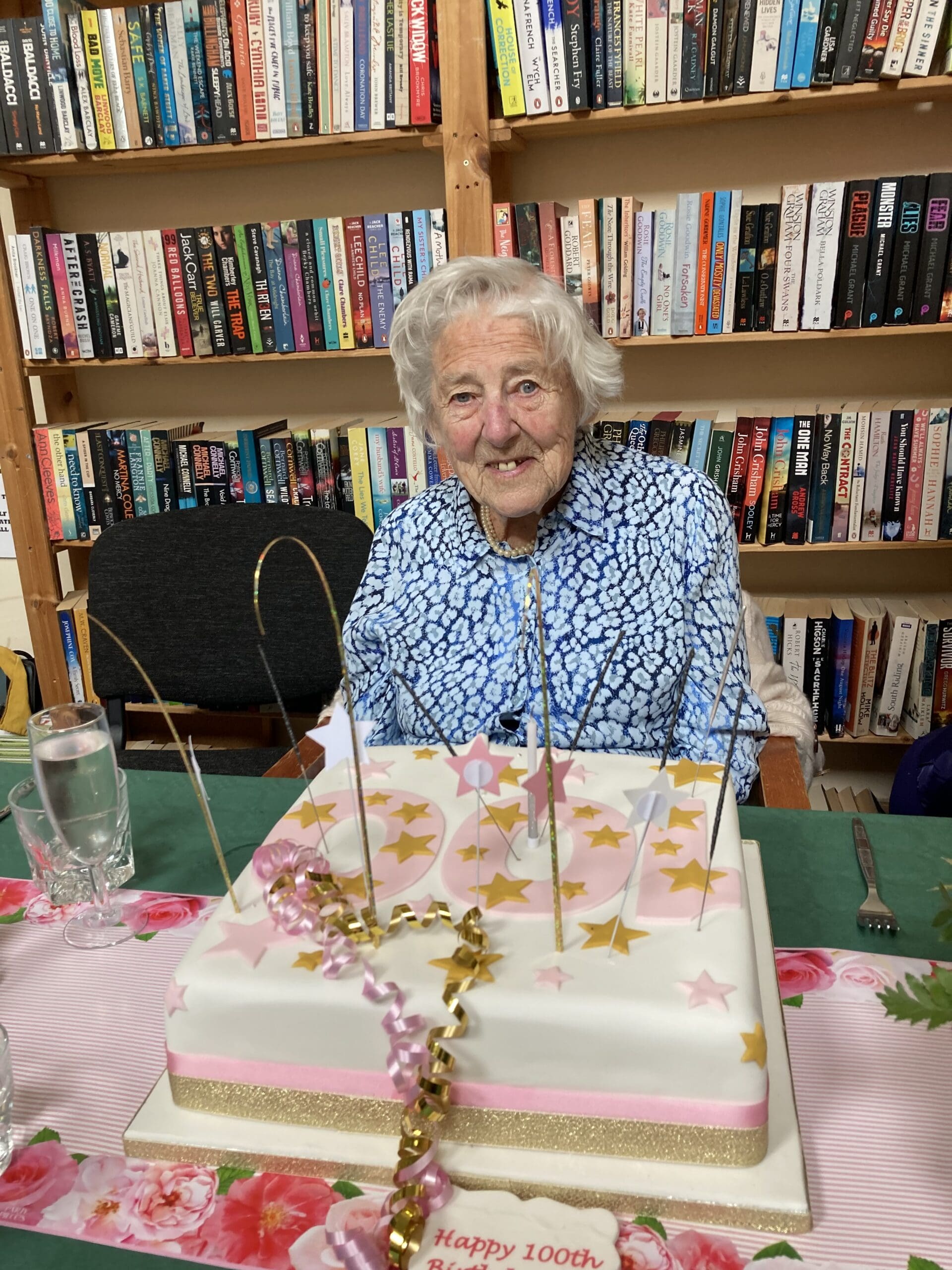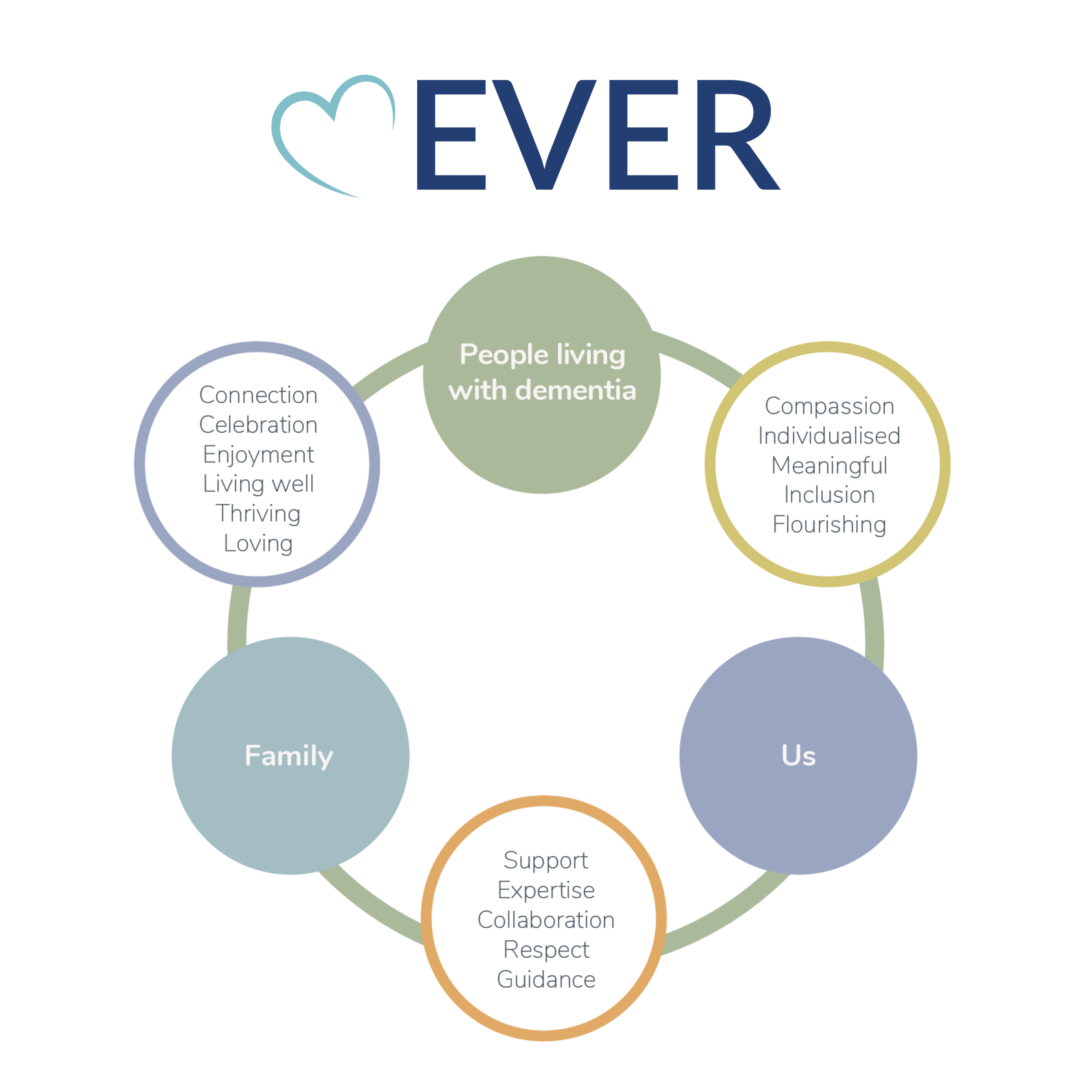As people are now living longer than ever, the number of people with dementia is on the rise. It is estimated that there are currently 850,000 people living with dementia in the UK alone, and this number is only expected to increase in the coming years.
Dementia is not a disease itself. The term dementia is an umbrella term for a variety of conditions that cause a decline in cognitive function. People will experience their symptoms differently, but there are some common early warning signs of dementia everyone should be aware of.
By recognising the early symptoms of dementia and obtaining a diagnosis, you can be assured that dementia treatment is arranged in good time and a plan created for the future based on the person’s wishes. Here we explain the early signs and symptoms of dementia so that you know what to look for.
What are the signs and symptoms of dementia?
Dementia can affect people differently and everyone will experience symptoms in their own way. In the early stages of dementia, a person’s day-to-day life may start to become affected by new and developing symptoms.
At first, signs and symptoms may be vague and go unnoticed. It is common for early dementia signs to be confused with the usual challenges of ageing, making it difficult to obtain a proper diagnosis.
There are many different types of dementia and each is characterised by its own pattern of progression and specific symptoms. However, there are some common symptoms of dementia that often appear before a diagnosis.
These are some of the warning signs that your loved one could be experiencing cognitive decline:
- Memory loss that disrupts daily life. One of the early symptoms of dementia is forgetfulness and memory loss. Your loved one might begin forgetting events or what they did that day. They may struggle to remember the time or the date or they may begin misplacing objects frequently.
- A failing sense of direction. Directions that they once knew might become difficult for someone living with dementia to remember. If they go out, they may be unable to find their way home or they may get lost in a familiar place.
- Difficulty completing familiar tasks. People living with dementia often find it difficult to complete familiar, everyday tasks as they once did. For example, they may find it difficult to dress in the morning or they might suddenly forget the rules of their favourite game.
- Language difficulties. As we age, it is normal to become more forgetful or at times struggle to find the right word. But if this is happening often and it is out of character for your loved one, it might be an early sign of dementia.
- Mood or behavioural changes. Everyone has changes in mood from time to time, but if you notice your loved one is beginning to have mood swings for which there is no apparent reason, it can be an early sign of dementia.
- Withdrawing from social life. If your loved one is becoming more withdrawn and not caring about things that were once important to them, it’s worth discussing your concerns with them. Depression, anxiety and apathy are common early signs of dementia.
- Decreased or poor judgement. Dementia can affect a person’s usual reasoning skills leading the individual to make decisions they would not normally make. For instance, you may notice a family member is paying less attention to their finances or they might speak or act out of character.
If you or a loved one are experiencing memory problems or any of these other difficulties, you may want to seek professional advice and guidance from your GP.
The different types of dementia
Alzheimer’s Disease
Alzheimer’s disease is the most common form of dementia. It is a progressivebrain condition that results in impaired thinking, memory loss and speech and language difficulties.
Alzheimer’s disease causes abnormal plaques and tangles to develop in the brain. Over time, these plaques and tangles disrupt the brain’s neurons and affect their ability to work together and communicate. As the disease progresses and more parts of the brain are affected, symptoms gradually worsen and start to disrupt everyday life.
Vascular Dementia
Vascular dementia is caused by a number of conditions all of which restrict blood flow to the brain. This restricted blood flow prevents the brain from receiving the oxygen and nutrients it needs to properly function.
The most significant symptoms of vascular dementia usually involve problem-solving and thinking skills rather than memory loss. Other symptoms are similar to Alzheimer’s disease, such as cognitive disorientation, memory loss and difficulty communicating.
Lewy Body Dementia (LBD)
Lewy body dementia is caused by the deterioration and eventual death of nerve cells in the brain. LBD is caused by abnormal spherical structures called Lewy bodies that develop within nerve cells and damage them. Over time, this leads to symptoms such as difficulty concentrating, confusion, disorientation and visual hallucinations. Memory loss is less common with LBD but there is a greater risk for mood and behaviour changes such as apathy, depression and anxiety.
Frontotemporal Dementia (FTD)
Frontotemporal dementia is an uncommon type of dementia that causes problems with behaviour and language. Unlike most other forms of dementia, FTD often affects people between the ages of 45 and 65
The symptoms of FTD are often dependent on which areas of the brain are affected first. Common symptoms can include personality and behavioural changes, language difficulties, memory problems and disorientation.
Mixed Dementia
Mixed dementia is when a person is presenting symptoms of more than one type of dementia. For instance, the most common is a combination of Alzheimer’s disease and vascular dementia. One in every ten people with dementia is diagnosed as having more than one type. A person with mixed dementia will experience a variety of symptoms from both types of dementia they have.
How to get a dementia diagnosis
If you have concerns or you start to notice changes in your loved one’s behaviour, then it is worth accompanying them to see their GP. The earlier dementia is diagnosed than the sooner treatment can begin. Although there is currently no cure available at present, there are medications and treatments which can help the person find relief of symptoms and help them maintain their independence.
If your GP believes your loved one’s symptoms are worth investigating, they’ll invite them to their local memory clinic, part of the ‘Memory Assessment Service’. These are specialist centres that diagnose dementia. There, your loved one will be given a series of tests to check on their ability to recall facts and retain information. There will also be some background information obtained from the person closest to them, including the changes they have noticed and how the person is able to function day to day. The team may also recommend a scan of the person’s brain to understand better any changes that are taking place.
If your loved one does receive a dementia diagnosis, it is normal to feel overwhelmed – just know that there is help available. If you find your loved one needs increasing levels of support to live safely at home, a live-in carer can provide the dedicated dementia care your loved one needs to live a better quality of life in their own home.
Expert dementia care from live-in care specialists
With live-in care provided by Oxford Aunts, you can be assured of a high-quality live-in care service provided by a trusted and established provider. For many years, we have been helping and supporting families in Oxfordshire and its surrounding counties to manage the symptoms of their dementia with our live-in care service.
Our specialist dementia care is founded on an expert approach to care delivery. All our dedicated carers are experienced in how to care for someone living with dementia and use a range of best practice techniques. Our gentle and compassionate carers are able to work to support a person living with dementia so they can live a fulfilled and purposeful life, with reduced anxiety and reduced use of antipsychotic medication commonly used in residential care or nursing homes.
Our carers receive regular dementia training, on-going coaching, mentoring and support to ensure they have the knowledge, skills and aptitude to provide positive dementia care. Our senior management team has a wealth of dementia care experience gained from a variety of care settings and provide expertise and leadership to ensure we provide the very best dementia care at home.
There are countless life-enriching benefits to staying at home with a highly-trained and experienced dementia carer, instead of facing the upset and worry of moving into a care or nursing home. With an Oxford Aunts carer, you will be able to live life your way with as much independence as possible, with a tailored plan of care delivered by a compassionate carer on a one-to-one basis – this level of dedication is nearly impossible to achieve in a care home setting.
Our high-quality dementia care service includes:
- A comprehensive assessment of your needs – our assessment will address not just your care needs but how you wish to live your life
- Careful matching of an experienced and dedicated carer who will meet all your needs
- A highly-tailored care plan created using a multidisciplinary approach in consultation with other healthcare professionals and community organisations involved in your care, as well as, where appropriate, your family members or loved ones
- Unrivalled support from a team of care manager experts local to you
- Domestic and household tasks
- Cooking, meal planning, shopping and preparation
- 24-hours a day out-of-hours emergency support should you need it
Get in touch with us about your dementia care needs
Our expert care advisors are here to help you understand the options available to you.






